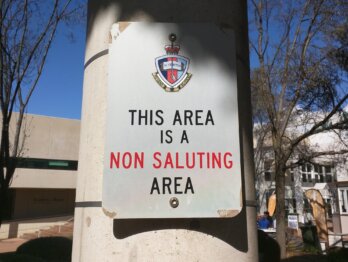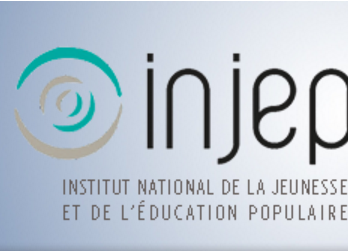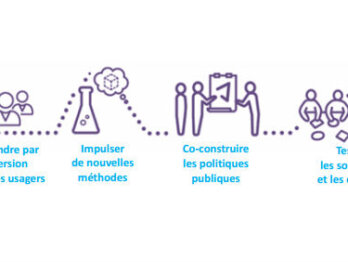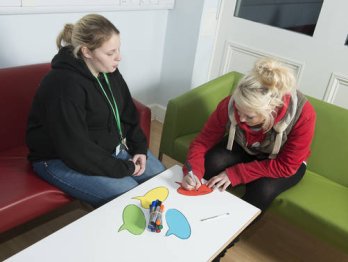One Big Thing: A UK innovation initiative to upskill, change culture and experiment

This blog post is part of a series on public sector innovation skills and applied capabilities, focusing on the conceptualisation of public sector innovation skills and applied capabilities, the practical pathways for development within the constraints of public administrations, and the connection between innovation skills and meaningful public sector transformation and impact on strategic goals and policy priorities.
Innovation is fundamental to our role as civil servants in the UK. Whether it’s delivering high-quality public services or ensuring national security, innovation empowers us to adapt and enhance our services, making them more effective and efficient for the benefit of our country.
The One Big Thing 2024 initiative was designed to illustrate that innovation need not always be about dramatic transformations; rather, it emphasised the importance of small improvements that we can incorporate into daily work. Many small changes can have a bigger cumulative impact, hence One Big Thing 2024’s tagline: “One Big Thing starts with one small change.”
The programme aimed to equip civil servants with knowledge and skills to help them in formulating and developing new ideas to deliver impact for their team, department and the public. Ultimately, in 2024, One Big Thing helped civil servants deliver small changes that realised tangible benefits and demonstrated that innovation can come from anyone, anywhere. It’s part of a wider focus on continuing to build towards a culture of continuous improvement where civil servants are encouraged to share, collaborate to refine, and safely experiment with delivering ideas.
The latest edition was split into three parts: an online ‘Innovation Masterclass’, a team reflection exercise, and an experimentation phase. More than 162,000 civil servants participated in the online ‘Innovation Masterclass’, 60-minutes of e-learning with practical advice from public and private sector innovators. This was followed by a reflection exercise, where participants gave thought to their learnings, shared ideas and agreed on a practical change that they can make as a team. In the final phase groups of civil servants across the country experimented with delivering the agreed ‘small change’ and shared their stories and learnings across the civil service. Over 2,400 case studies of experiments have been recorded so far, with many more ongoing.
What’s particularly encouraging is that the event showed that these efforts are not merely isolated moments of creativity and, moreover, that they are foundational to lasting change in our working methods.
Noteworthy examples include the Met Office’s daily “Creative Headspace”, a dedicated moment for their team to explore and learn together. This initiative led to the development of a branded digital channel that has garnered an impressive 850 million views. Meanwhile, the UK’s Civil Service Strategy Unit set up ‘FlexPool’, a mechanism to temporarily source motivated and capable individuals from within the unit for short-term, high-value assignments, with a focus on enabling colleagues to gain new skills and experiences.
In addition, many teams have adopted new technologies to enhance processes. For instance, a team within the UK’s Department for Science, Innovation, and Technology created an AI chatbot that rapidly retrieves information and answers questions related to their work. Their experience particularly highlighted the significance of quick, iterative development and the importance of being open to experimentation without extensive pre-planning.
The cumulative impact of these innovations holds great potential for remarkable change. Innovation is not merely a one-off event or a sweeping overhaul; it frequently involves small improvements or shifts in mindset that collectively yield significant impact.
It is often the case that innovation skills are perceived as relevant only to the specialised teams working in innovation labs and units; One Big Thing demonstrated that any civil servant can be an innovator if the intention and opportunity are present.











